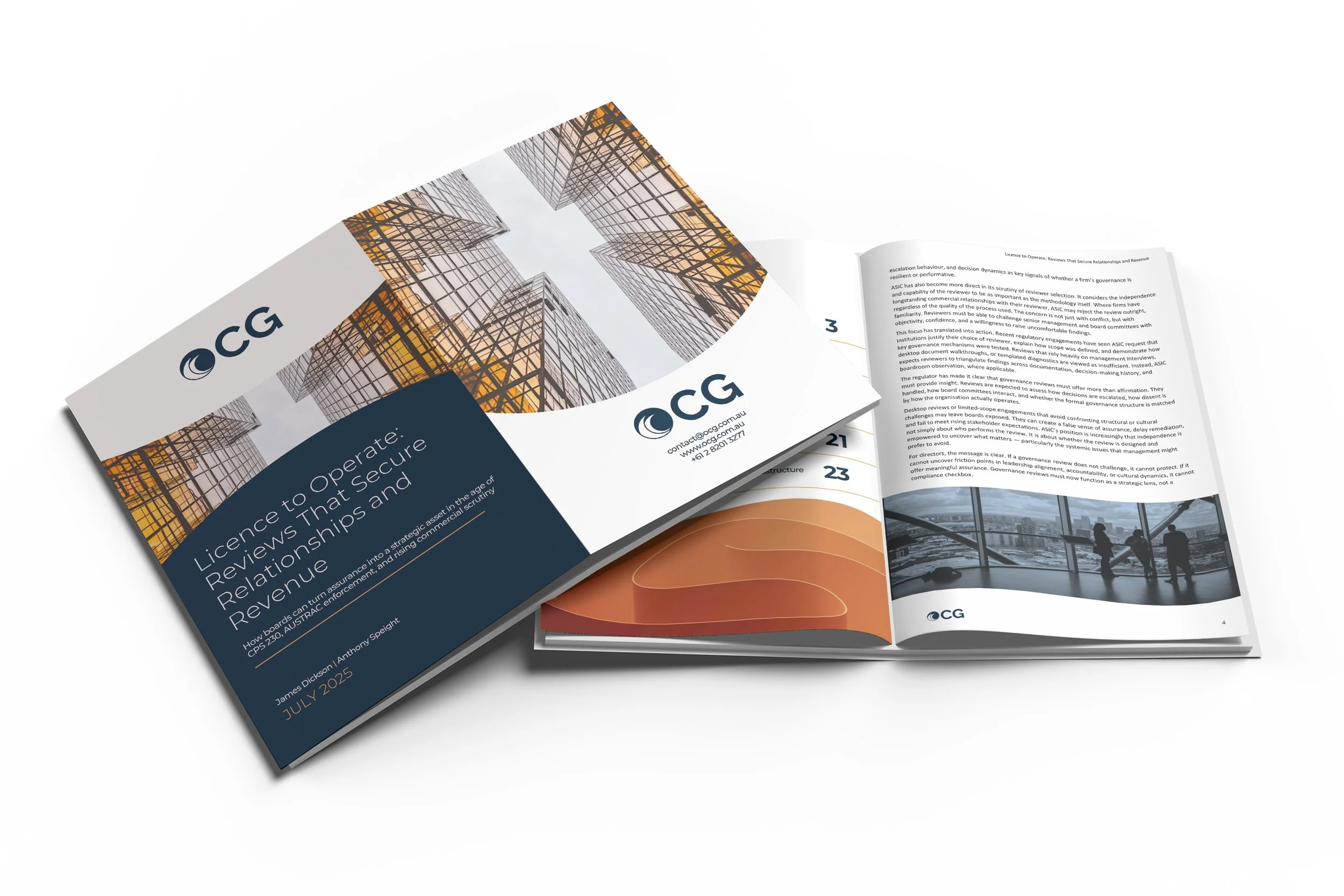AUSTRAC Compliance & AML/CTF Risk Management in Australia
Understanding AML/CTF Obligations
Anti-Money Laundering and Counter-Terrorism Financing (AML/CTF) regulations, overseen by AUSTRAC, sit at the heart of Australia’s financial services compliance framework. Whether you are a bank, superannuation fund, payment provider, broker, wealth manager, insurer, or fintech, the requirement to detect and deter financial crime is universal.
The core obligations cover:
Customer Due Diligence (CDD) & KYC – collecting, verifying, and maintaining accurate client information.
Transaction Monitoring – identifying unusual or suspicious behaviour in real time.
Suspicious Matter Reporting (SMR) – escalating activity that could indicate money laundering or terrorism financing.
Governance & Training – embedding AML/CTF responsibilities into board oversight and staff capability.
Compliance failures can lead not only to heavy AUSTRAC penalties but also to reputational damage and customer attrition.
Why AML/CTF Matters for Financial Services
The Australian financial services sector is increasingly exposed to both regulatory pressure and evolving financial crime threats. AUSTRAC has stepped up enforcement activity, and global partners demand greater alignment with international standards.
For financial institutions, this means:
Compliance is now a board-level priority, not an operational afterthought.
Technology-enabled monitoring is essential to meet volume and complexity.
Cross-border operations require harmonised frameworks across multiple regulators.
Remediation costs can be material if compliance gaps go undetected.
AML/CTF frameworks are no longer about avoiding fines. They are about maintaining a licence to operate, securing customer trust, and ensuring resilience in a volatile regulatory environment.
How OCG Helps
As a risk advisory firm, Oceanic Consulting Group (OCG) works with Australia’s leading financial institutions to design, test, and uplift AML/CTF programs that satisfy AUSTRAC and global standards.
Our expertise spans:
Independent program reviews – identifying gaps and benchmarking against AUSTRAC expectations.
AML/CTF remediation – large-scale file reviews (via File Review as a Service, FRaaS) to uncover risk exposure and ensure defensibility.
Technology integration – embedding cloud-native monitoring and analytics tools.
CDD/KYC framework uplift – strengthening onboarding and ongoing monitoring.
Cross-jurisdictional alignment – ensuring consistency across AUSTRAC, FCA, MAS, HKMA, and DFSA requirements.
We have delivered sector-leading performance in large-scale remediation programs, bringing both regulatory confidence and operational efficiency.
FAQs
Who must comply with AUSTRAC’s AML/CTF regime?
All “reporting entities” in Australia, including banks, super funds, brokers, insurers, payments companies, and wealth managers.
What are the penalties for non-compliance?
AUSTRAC can impose civil penalties in the hundreds of millions, alongside enforceable undertakings and remediation requirements.
How often should AML/CTF programs be reviewed?
Best practice is annual independent review, alongside continuous improvement as risks and regulations evolve.
How can OCG support remediation?
Through FRaaS and targeted program delivery, OCG provides defensible documentation, systemic fixes, and regulator-ready reporting.
What role does technology play in compliance?
AI, data analytics, and automation are critical for real-time monitoring, pattern detection, and reporting at scale.
Results Beyond Compliance: Strengthen Your AML/CTF Framework
AUSTRAC’s scrutiny is only intensifying, and global standards continue to rise. OCG helps you move beyond “box ticking” to build AML/CTF programs that reduce risk, enable growth, and enhance resilience.
Contact us today to strengthen your AML/CTF compliance and protect your licence to operate.









